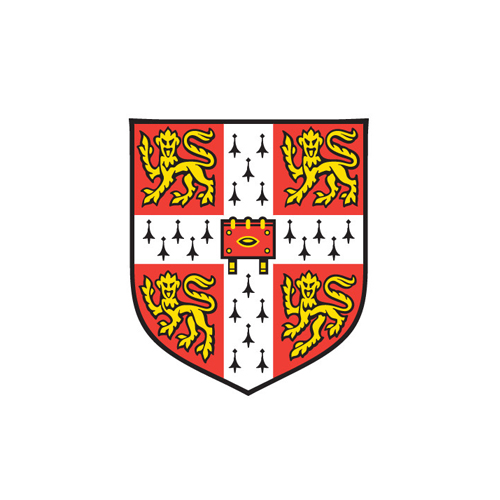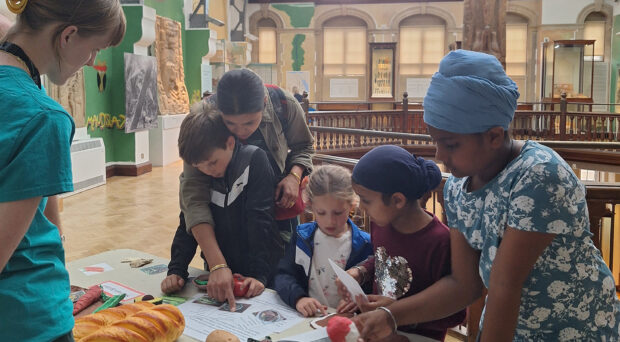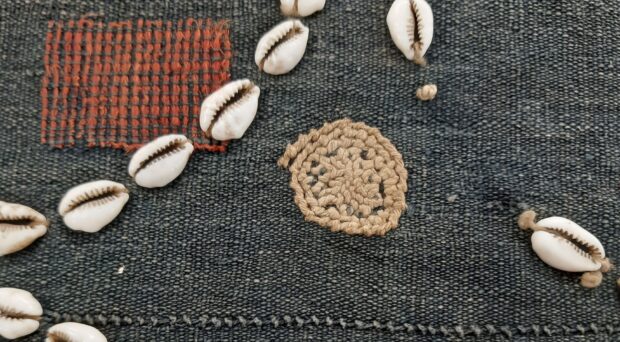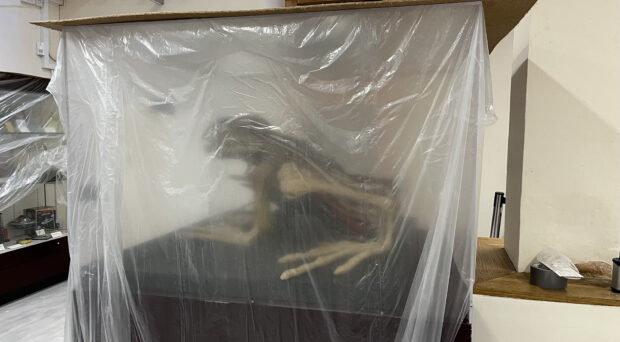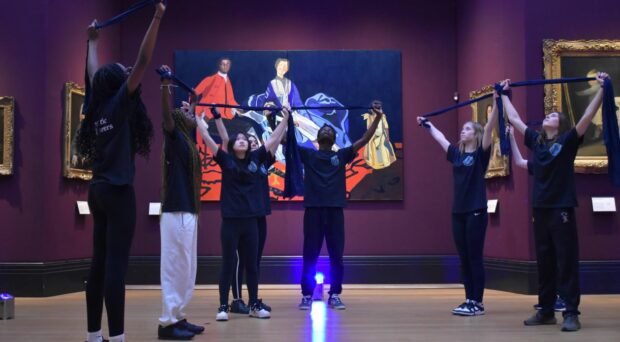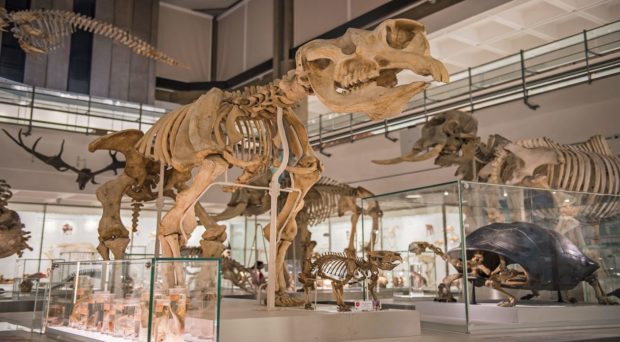The East of England is home to an astonishing 182 museums within the Accreditation scheme, with a higher proportion of small, independent organisations than the national average.
Since 2012, the University of Cambridge Museums (UCM) have been proud to support the regional sector through the work of a dedicated Regional Conservation Officer, funded by Arts Council England (ACE), and working closely with SHARE Museums East, our regional museum development provider. Originally one of a team of county conservators, the Regional Conservation Officer has provided vital practical support, guidance, training and mentorship to museums and heritage networks across the region.
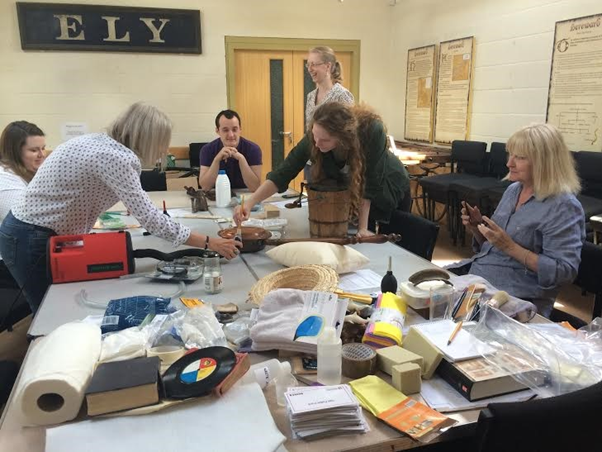
While the UCM will continue within ACE’s National Portfolio from 2023-2026, a challenging funding environment has prompted difficult decisions. We regret that, while our commitment to regional support is unchanged, we will no longer be able to continue to offer this support in the same way through the Regional Conservation Officer post from 31 July 2023.
Support moving forwards
We acknowledge that this news also comes within the context of wider changes to museum development funding nationally. Arts Council England has announced a substantial change in approach for 2024-26. This will see the creation of new sources of support centrally within ACE, and SHARE succeeded by a new museum development provider working across both the East and South East.
While plans for the new East & South East provider are developed, we are working very closely with SHARE, Museums in Cambridgeshire, and the Cambridgeshire Museum Development Officer to identify further sources of support and ensure a long-term legacy for the Regional Conservation Officer’s work.
For its final year as the regional Museum Development programme, in 2023-24 SHARE will put in place new arrangements for collections care and conservation support. It will provide a programme of collections care training, plus online 1-1 collections care surgeries with an accredited conservator. There will also be small grants for museums to employ a conservator for a more in-depth review of their collections care and conservation requirements.
Celebrating Deborah

It’s only right that we take this opportunity to recognise the tremendous impact of the Regional Conservation Officer post over the last 13 years, during which time it has been held by Deborah Walton. Her goal has been to improve conservation and collections care for all, regardless of starting point, and to make this accessible and attainable for all organisations in the region. She has achieved this through a combination of strategic planning, developing networks and resources, providing training and working closely with SHARE museum development, county Museum Development Officers and other Regional Conservation Officers to reach far and wide in the region.
Deborah has worked hard to remove perceived barriers to communication and establish common ground – as she says, conservation is there to ‘enable the activities of a museum – not forbid!’. She has done this in many ways, including through networks like the SHARE Heritage Engineering Network and EACF/SHARE Conservation Network, and also through working directly with museums, visiting their sites, giving advice and audits, and being fully available for everyone to contact. She has run and organised countless training courses, building skills and confidence in onsite collections care, and backed this up by creating the loan bank of equipment. A special shout out must go to the series of nine UCM SHARE Collections Care Conferences Deborah initiated and co-organised, which have provided practical inspiration and stimulated informal networks amongst museums in the region and beyond.
Through work with EACF/SHARE Conservation Network Deborah has also developed local support for practicing conservators in the region, so they are better able to work with museums, and has brought regional museums into closer contact with conservators and the conservation sector. She is active in the wider heritage sector in the UK, and has been a trustee at Icon Institute for Conservation, working on topics such as ethics, groups and networks, and sustainability. This has fed into her work in the region, embedding these advances into local practice.
Deborah has a brilliant way of combining strategic planning with a deeply practical and human approach and this is why she has been so successful. Her response to the COVID-19 crisis was a typical example of this. She quickly adapted to supporting the museums remotely and, with SHARE, ran coffee mornings and training sessions online, which both gave practical support at a difficult time and also helped to keep the sense of community in the museums alive when everything was locked down. This digital working has been a tool which we will carry forward into the financially strapped and energy restricted 2020s, making support from colleagues possible in a way we couldn’t have imagined a few years ago.
Deborah says:
‘Thank you to all the wonderful staff and volunteers in the museums of Cambridgeshire and the East of England. It has been a delight working with you. Your willingness to be flexible, open minded and work together has made my job so much easier, I’ve learned a great deal from you all and made so many great memories. I’d like to say thank you to all the great people I have met through various steering groups, networks, committees and boards. You’ve been fantastic to work with and I thoroughly recommend to anyone to get involved with organisations outside your own – it’s extremely rewarding and a great way to meet really interesting people. Thank you also to colleagues, past and present in the SHARE team and UCM who have been such great support. And lastly, to the original Regional Conservation Officers: Sarah Norcross Robinson, Libby Finney and Robert Entwistle. This was the original dream team – absolutely amazing, knowledgeable and dedicated people who I had so much fun working with. It has been a privilege to have this job for so long, and I’m a much better person and professional for having been able to work with you all.’
Thank you, Deborah, so much for everything you have given to the region.

